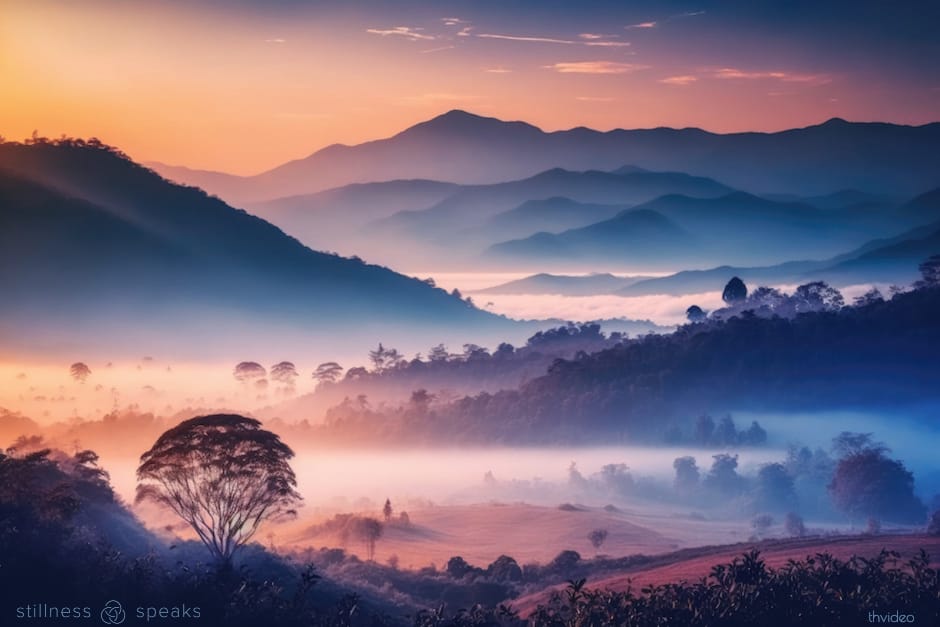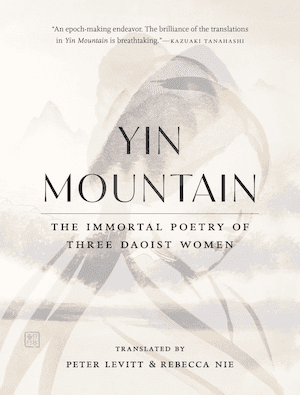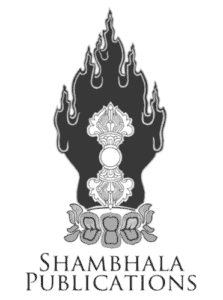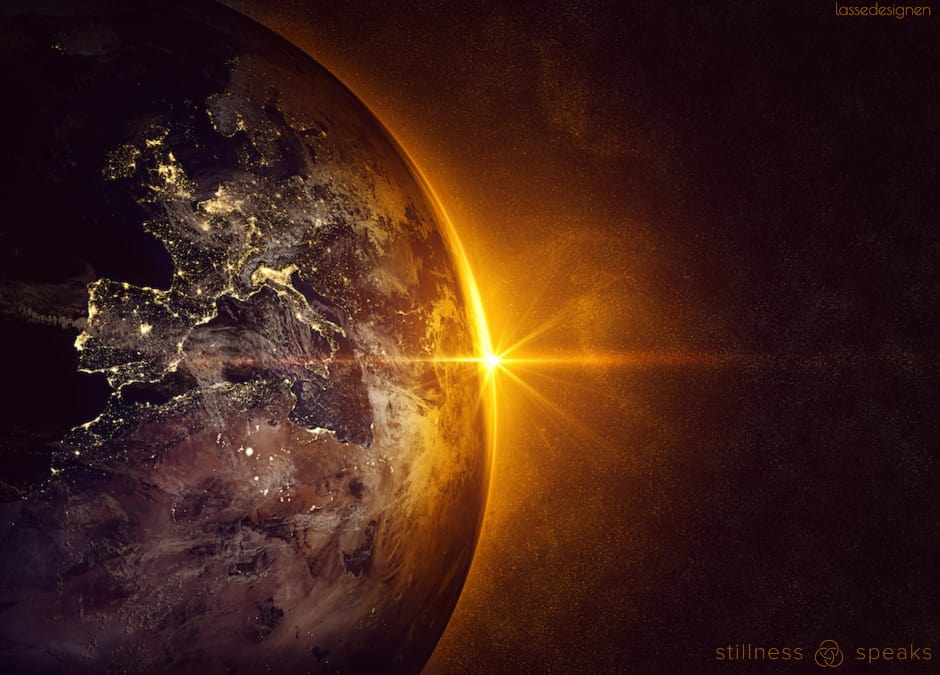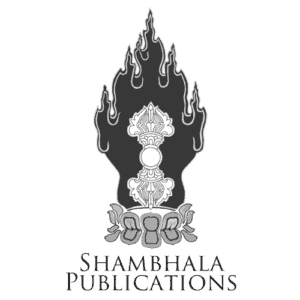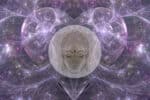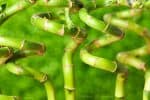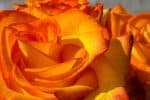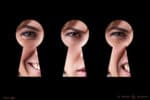“… yin, a woman’s passion and physical, sensual nature is an embodiment of the Dao in female form. As such, it is meant to be explored, expressed, and praised as the source of life itself. As it says in the sixth chapter of the Dao De Jing, …” ~ Peter Levitt & Rebeca Nie
The Valley Spirit never dies.
It is called the Mysterious Female.
The gateway of this Mysterious Female
is the source of heaven and earth.
The Chinese Tang Dynasty period produced many well known Buddhist and Taoist poets (e.g., the legendary Hanshan) that all seem to be men … but this period also produced many accomplished women poets who are sadly hardly known … despite the fact that for many such women poets “… the principles and practices of the Dao were central …” …
Peter Levitt and Rebecca Nie set about shining a light on three of these women poets in their recent book Yin Mountain: The Immortal Poetry of Three Daoist Women where they offer “… translations of three female Daoist poets who lived and wrote during the Tang Dynasty, universally regarded as the “golden age,” when classical Chinese poetry reached what many consider its most profound and sophisticated range of expression …” …
They go on to share – in the Preface – that: “… Relying on the magnifying lenses of Daoism, naturalism, mysticism, diverse experiences of love, and the comings and goings of daily life as lived by these women, the poetry of Li Ye (ca. 732–784 c.e.), Xue Tao (ca. 758–832 c.e.), and Yu Xuanji (ca. 843–868 c.e.) weaves together plain but poignant and revealing speech with a compelling and inventive use of imagery that expresses their devotion to Daoist spiritual practices and, as well, the myths, legends, and traditions of goddess culture relevant to both Daoist understanding and Chinese culture during the Tang dynastic period in which they lived. …”
Peter happens to be a regular speaker at Upaya Zen Center and you can listen to his own observations on the book – including a reading of several poems – in his recent Wednesday evening dharma talk – at Upaya – that is available as a podcast.
In this part 1 of a 3-part series we offer a sample of Xue Tao’s poetry … via an excerpt from the section Xue Tao: Daoism and Goddess Culture …
For additional background and context, we highly recommend you read the full Preface via the look inside link on Shambhala Publications book summary page.
This series is part of our ongoing Shambhala Publications series that offers substantive previews of selections from Shambhala Publications new and classic titles …
All italicized text here is adapted from Yin Mountain: The Immortal Poetry of Three Daoist Women, © 2022 by Peter Levitt and Rebecca Nie. Reprinted in arrangement with Shambhala Publications, Inc. Boulder, CO. Shambhala Publications has also generously offered a free downloadable PDF of the Table of Contents (link is at the bottom of the post).
You can purchase the book at Shambhala Publications or Amazon.
For the foreseeable future some (maybe even all or a majority) of our posts will be shorter than usual.
MORNING POEM FROM ORCHID MOUNTAIN TO LYU SHIYU
Xue Tao’s familiarity and comfort with Chinese mythology, especially when it comes to elements of the natural world, weave together in many poems with her more personal intimate relationships. Using the name Mysterious Sunshine in reference to her friend Lyu Shiyu—in a poem that also acknowledges the great Mother Sun Goddess, who brings light and life to each day—may very well be part of the poet’s overall vision that sees heaven and earth, humans, Immortals, and goddesses as belonging to one another.
Mother Sun Goddess spins her wheel,
casting first light against the Immortals’ windows.
Morning’s mountain wind
spirals mist deeply into the boundless sky.
Mysterious Sunshine, you’re not here with me,
but we can still point with awe
to dark forests in distant corners of the world,
brushed with emerald green.
[…]
Stay tuned for poetry from the other two women poets: Li Ye and Yu Xuanji in the next two posts…
All italicized text here is adapted from Yin Mountain: The Immortal Poetry of Three Daoist Women, © 2022 by Peter Levitt and Rebecca Nie. Reprinted in arrangement with Shambhala Publications, Inc. Boulder, CO. Shambhala Publications has also generously offered a free downloadable PDF of the Table of Contents (link is at the bottom of the post).
And, click here for the free, downloadable PDF of the Table of Contents.
You can purchase the book at Shambhala Publications or Amazon.
May you remain safe and healthy.
